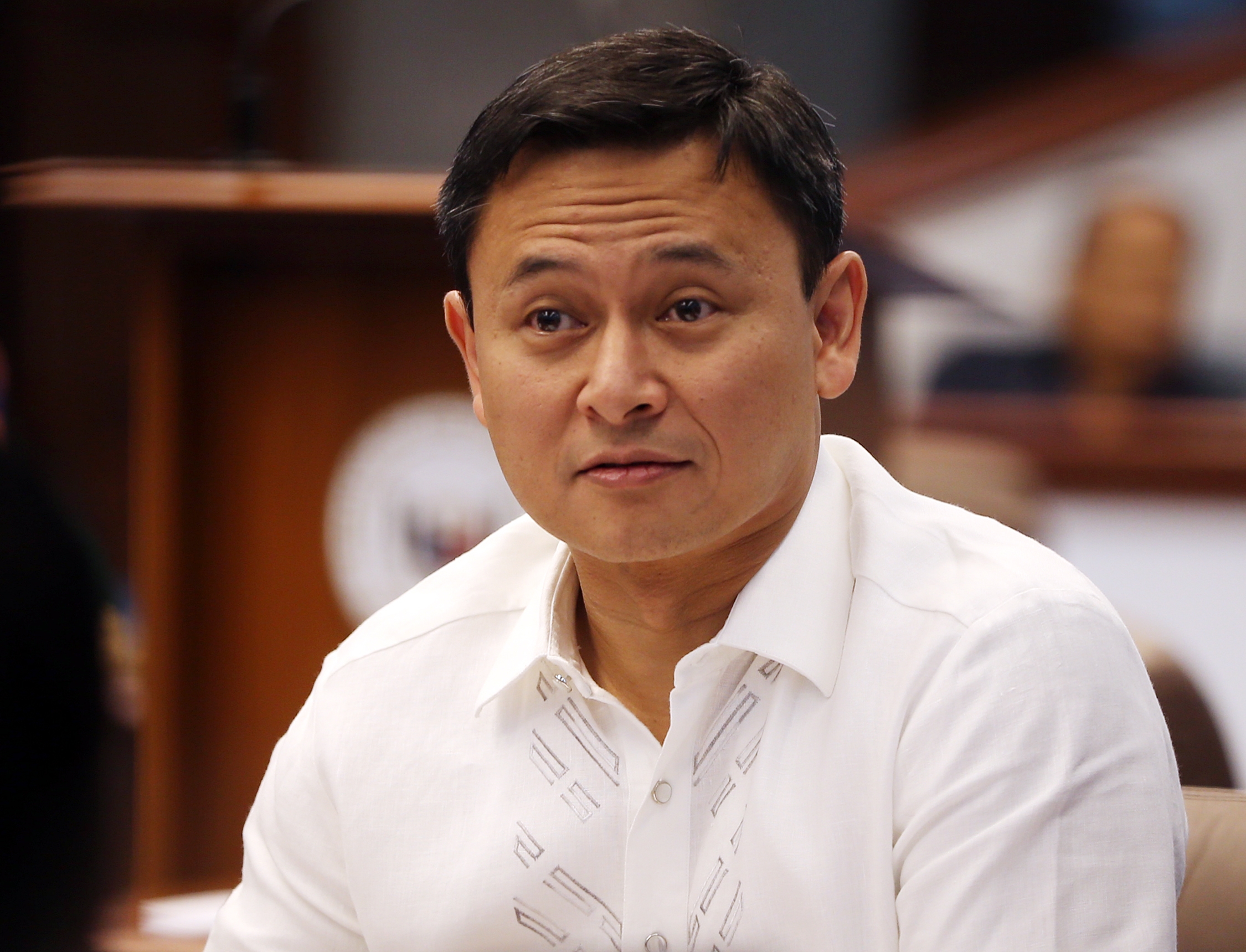Angara seeks Senate probe of PhilHealth scams

Senator Sonny Angara EDWIN BACASMAS/INQUIRER FILE PHOTO
MANILA, Philippines — Sen. Sonny Angara on Wednesday called for an inquiry into the alleged “ghost” dialysis treatments and other irregularities that defrauded Philippine Health Insurance Corp. (PhilHealth) of billions of pesos in the past few years.
Angara’s Senate Resolution No. 3 was prompted by an Inquirer investigative report that detailed how bogus Philhealth claims were allegedly made on behalf of dead patients by a dialysis center in Quezon City.
The scheme involved WellMed Dialysis and Laboratory Center with the connivance of PhilHealth insiders, according to Edwin Roberto and Liezel Santos, former WellMed employees who last week were admitted into the government’s witness protection program.
The Inquirer series led to the filing of estafa complaints against WellMed officers and a Palace-ordered leadership revamp of the state health insurer. Follow-up reports also showed how hiring agencies had managed to fake PhilHealth receipts to dupe a number of overseas Filipino workers.
‘Get to the bottom’
Article continues after this advertisementAngara said the Senate inquiry would try to “get to the bottom” of the scams, identify the perpetrators and draw up policies to prevent their repeat.
Article continues after this advertisement“Those liable should be held accountable. We will not let them squander the people’s money while many of our countrymen are dying because they do not have money for hospitalization,” he said in a statement. “And it seems that [the ‘ghost’ dialysis] is not just the only problem because other scams using PhilHealth funds have been uncovered.”
The senator said dealing with the alleged corruption in PhilHealth was crucial to the implementation of the Universal Health Care Act.
Some P257 billion has been allocated for free medical services for Filipinos by the government this year. “Before (this law) is implemented in full, we must make sure that the funds allocated for this purpose are being spent properly,” Angara said.
Funds for the poor and patients who actually need medical assistance should be protected, he said. —Marlon Ramos